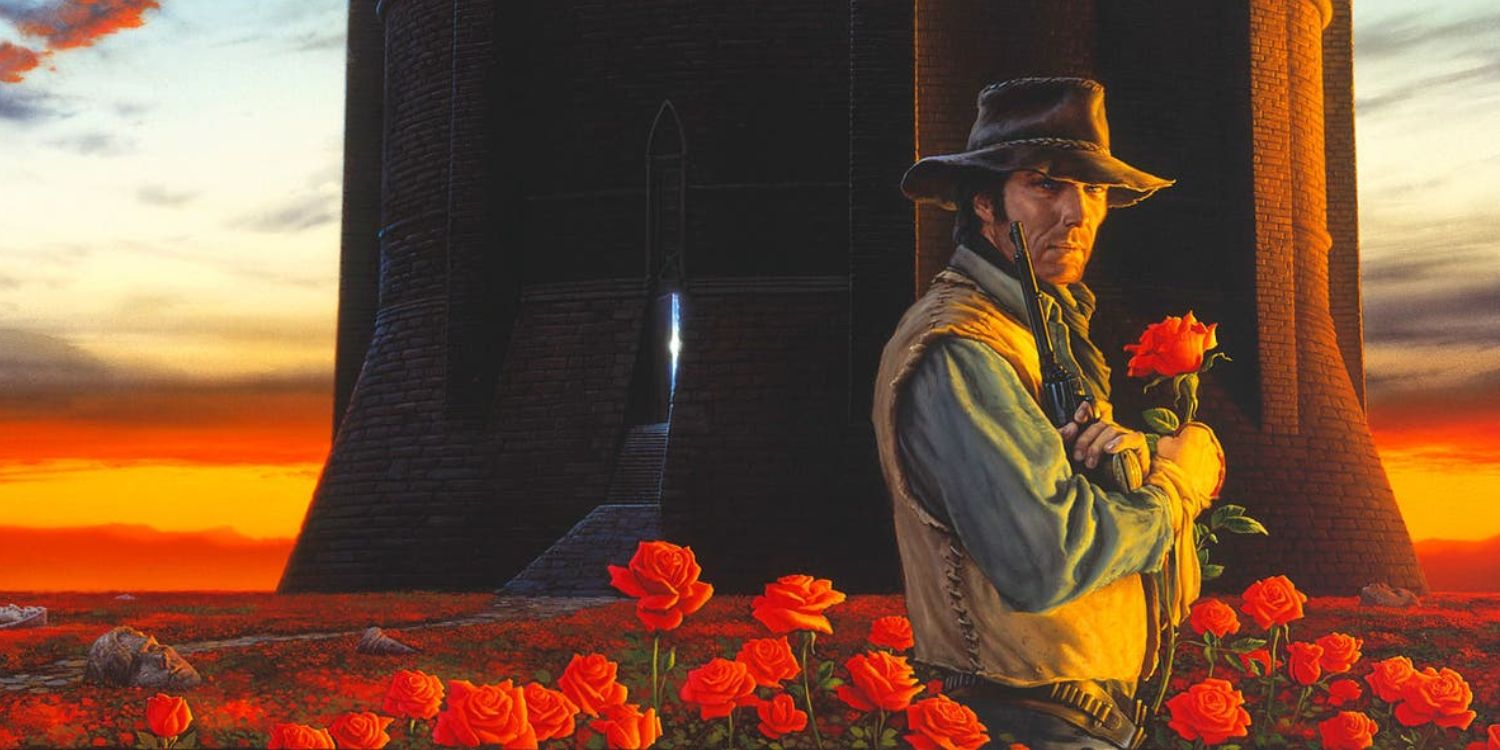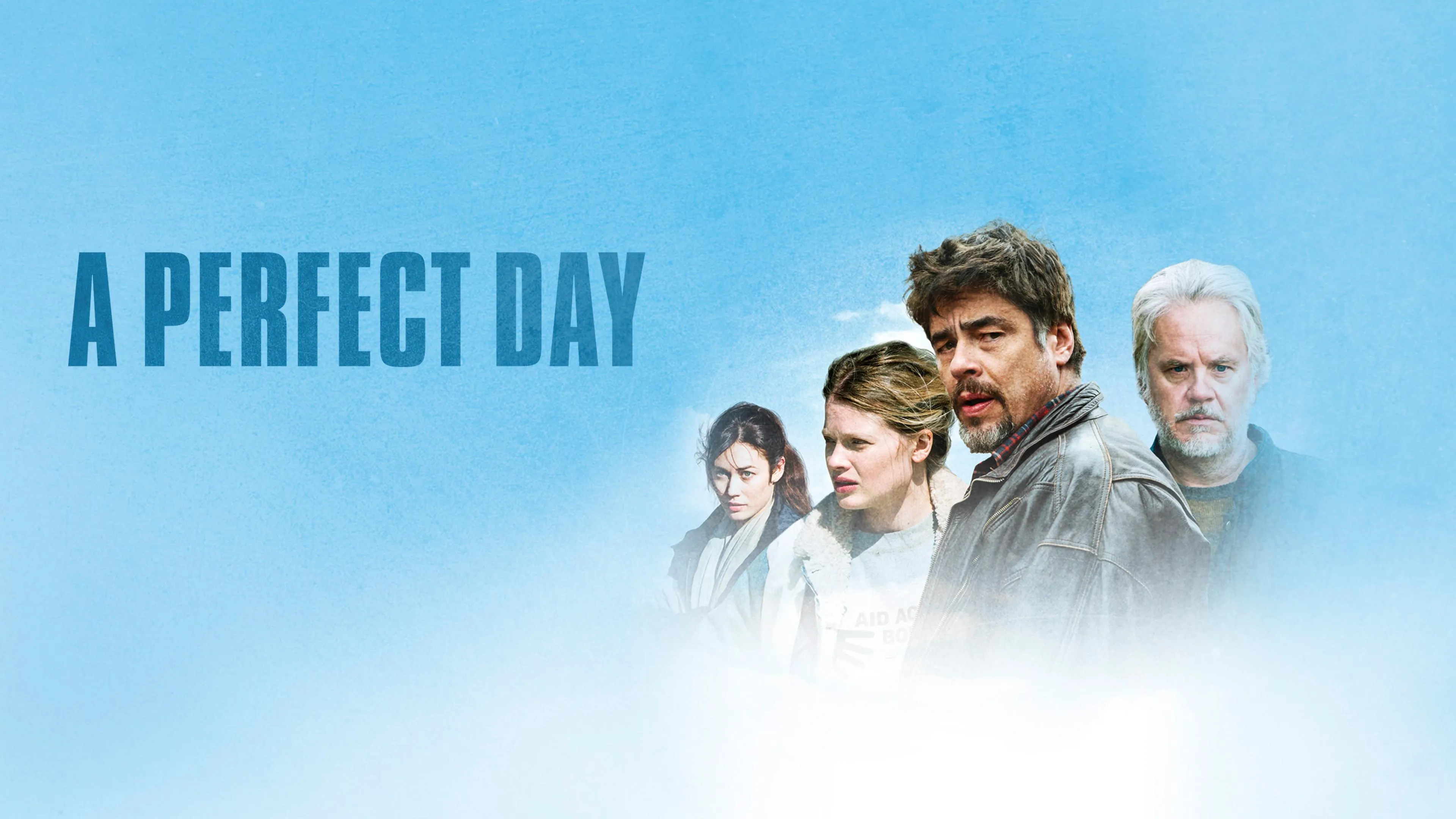All worlds end at the Tower — but some souls never stop walking.
The Dark Tower (2025) marks a bold new cinematic adaptation of Stephen King's sprawling multiverse epic, reimagined for a generation hungry for myth, mystery, and meaning. Directed by Denis Villeneuve, this version abandons past missteps to faithfully translate the tone, complexity, and existential weight of the original saga. At its center is Roland Deschain — the last Gunslinger — a man driven by obsession, haunted by loss, and bound to a singular purpose: reaching the Dark Tower at the center of all worlds.
From the first frame, the film immerses audiences in a world that is not quite ours — a blend of Western, fantasy, and post-apocalyptic sci-fi. Roland (played with stoic gravitas by Mahershala Ali) strides across a decaying desert landscape, chased by visions, shadows, and memories of a world that has "moved on." The Man in Black, portrayed with serpentine charm by Rami Malek, is a constant presence, manipulating timelines and realities in his quest to unravel the Tower and plunge existence into chaos.

What makes The Dark Tower (2025) extraordinary is not just its visual scale — although the cinematography is sweeping, and the set design brims with strange, haunting beauty — but its emotional resonance. The film introduces Jake Chambers (Noah Jupe), a boy from New York plagued by visions of another world. His crossing into Roland’s Mid-World triggers a chain of events that forces both characters to confront destiny, sacrifice, and the thin line between justice and revenge.
While the narrative offers thrilling action sequences — including slow-motion shootouts, psychic duels, and interdimensional chases — it is equally interested in the quiet conversations around campfires, the flashbacks to a crumbled Gilead, and the unspoken bond between two lonely souls clinging to hope. The screenplay carefully balances King’s dense mythology with a streamlined emotional core that makes the story accessible without losing its depth.

More than a quest, The Dark Tower becomes a meditation on cycles — of time, of trauma, of choice. Roland’s journey is not just across a broken world but inward, toward redemption. And as the Tower looms in the distance, unreachable yet inevitable, we are reminded that every step we take — in any world — matters.
-1749092597-q80.webp)

-1754295538-q80.webp)
